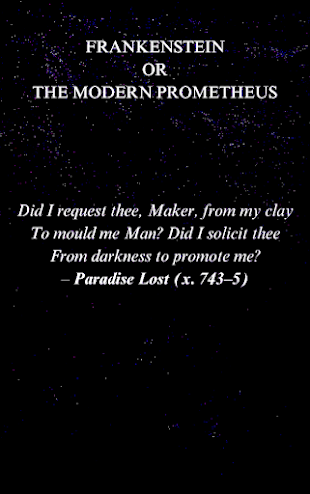Melancholy Isn't Depth: Why Norwegian Wood Left Me Cold
When I picked up Norwegian Wood , I expected a thoughtful, aching meditation on love, grief, and growing up. What I found instead was a novel draped in poetic prose but hollow at its core, filled with emotionally stunted characters, particularly the male lead, and a deeply problematic portrayal of women. The book wraps itself in sadness like a warm coat and assumes that’s enough to mean something. But once I peeled back the layers, I realized: melancholy is not the same as depth. At first glance, Toru Watanabe is framed as the quintessential tragic protagonist: quiet, observant, grieving. The kind of man who listens to classical music, reads literature, and wanders through Tokyo as if carrying the weight of the world. The story tries so hard to convince us that Toru is a sensitive, quiet, introspective guy weighed down by the deaths and mental struggles around him. But when you really look at his actions, it becomes clear: Toru is not a victim of grief. He’s a man who uses grief...



